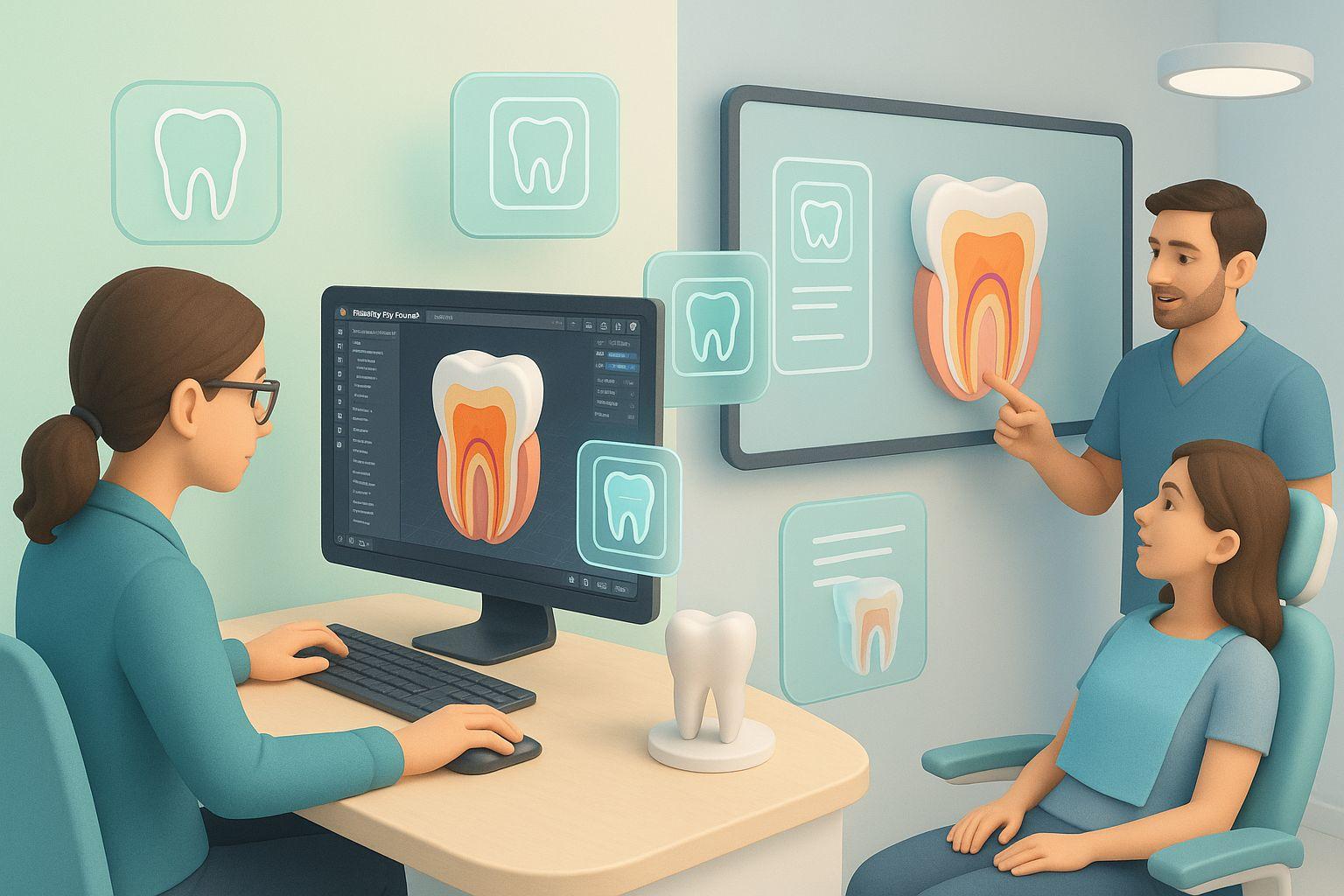The human mouth - is a habitat for about 700 microorganism species, more than anywhere else in our body. All these viruses, bacteria, yeasts, and others are called oral microbiome, and they play a crucial role in your teeth and gum health.
However, scientists have evidence that problems with the oral microbiome can also lead to the development of some diseases of other organs in our organism.
Respiratory disease
Mounth is the start of our respiratory tract, ending in the lungs. Thus, when the oral microbiome is overgrown, these microbes can “migrate” into the lungs, causing infections, for instance - pneumonia. Older people are a particularly vulnerable group, and a study shows that regular oral hygiene practices and dentist visits reduce the risk of pneumonia development among the elderly by about 30%.
Heart disease
For many years, scientists have observed that gum diseases often follow cardiovascular diseases. Chronic gum disease - is the most common oral disorder associated with poor oral hygiene. It is accompanied by inflammatory processes, destroying tissues around the teeth and leading to tooth loss.
There are a couple of connections between gum and cardiovascular diseases:
- Both of them have a common risk factors, for instance - smoking.
- Prolonged inflammation processes caused by gum disease can be harmful to the cardiovascular system.
Colon cancer
Two studies published on Genome Research found that bowel cancers may be colonized by specific oral bacteria called Fusobacterium, inhabiting dental plaque. This bacteria enters tumor cells throughout the gastrointestinal tract. Tumors colonized by Fusobactrium are much more aggressive, spread faster, and more resistant to chemotherapy.
Conclusion
Oral hygiene is a crucial part of your health and physiological well-being. Your oral microbiome - is a complicated system that usually protects your gym and teeth, but in case something goes wrong with it, microbes may become a threat to your organism.
Thus, don’t forget to clean your teeth and visit a dentist!




